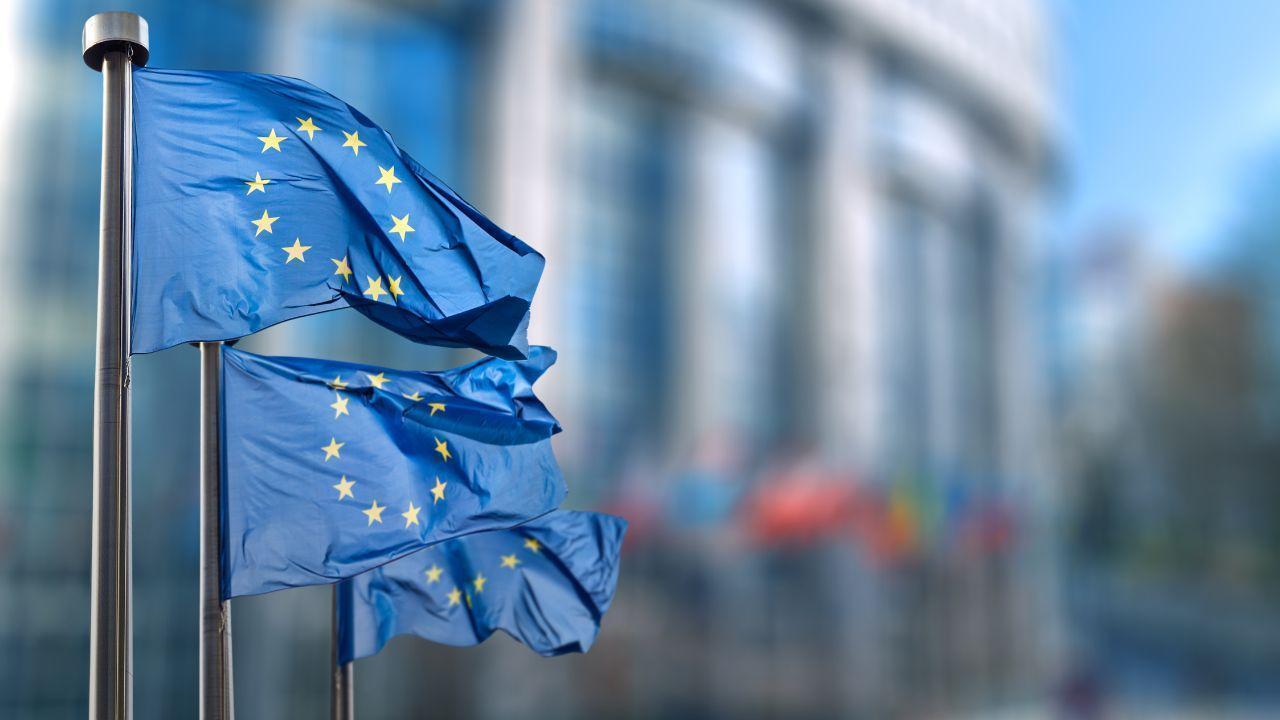



As the Trump administration continues to undermine academic freedom and threaten research funding in the United States, European universities are responding not with celebration, but with concern and strategic resolve, according to a recent conference of university leaders.
At the CIVICA Global Forum of European Universities, speakers acknowledged the increasing number of US scientists relocating to Europe but warned against viewing this solely as an opportunity. Instead, the tone was one of solidarity with embattled US colleagues and a renewed commitment to defending global scientific cooperation.
In early May, European Commission President Ursula von der Leyen announced the launch of the “Choose Europe” initiative—an ambitious effort to attract leading global scientists to the continent. Though the initiative did not directly name the US, it arrives in the midst of growing unease in American academia under the Trump administration, which has targeted research funding, international scholars, and even university endowments.
“Europe will not compromise on its principles,” von der Leyen said during a speech on May 5. “Europe must remain the home of academic and scientific freedom.”
Despite this commitment, European higher education leaders cautioned against treating the situation in the US as a mere gain for Europe. “I don’t think we should celebrate this, to be quite frank,” said Manuel Muñiz, Provost of IE University in Spain. “Yes, some might see this as a boost for European research, but it ultimately weakens our transatlantic partners, whose work benefits us all.”
Muñiz emphasized the high caliber of US scientific institutions, particularly in health and biosciences, warning that attacks on these institutions pose a global threat. He also pointed to the historically close relationship between US and European academia, describing it as one of the most integrated transnational education spaces.
Europe’s advantage, Muñiz noted, lies in its global outlook, with English-language programs and a strong track record of hiring international faculty. However, this does not mean all academics will migrate easily. As Ikhlaq Sidhu, Dean of IE School of Science & Technology, pointed out, senior faculty with established roles are less likely to relocate. Instead, mid-career researchers—those more reliant on grants—are most vulnerable.
Sidhu stressed that Europe gains not just talent, but a different academic culture. “It’s not about hiring people just because they’re smart,” he said. “These scientists come from an environment that fosters independence and innovation—what some might call a ‘wild west’ mentality. They bring a new way of thinking.”
For Cornelia Woll, President of the Hertie School in Berlin, Europe must position itself as a safe haven for academic freedom—not only in response to developments in the US, but to rising populism and authoritarianism worldwide.
“The way to resist the global trend of undermining higher education is by hosting knowledge,” Woll argued. “Knowledge is mobile, and we must ensure that Europe protects and enables it.”
Speakers at the conference also pointed to a potential silver lining: Trump-era disruptions may accelerate European integration. Muñiz suggested that political and academic challenges are creating pressure for deeper cooperation across the continent—not just economically, but also in higher education.
He praised the European University Alliances, like CIVICA, as key instruments for enhancing collaboration across borders. “These are the most advanced tools Europe has deployed to allow its universities to work together effectively,” he said.
Meanwhile, the broader role of universities in society is coming under renewed scrutiny. Jeremy Perelman, Vice President for International Affairs at Sciences Po in Paris, reflected on the growing public skepticism around science—from COVID-19 misinformation to climate denial and cultural polarization.
“It’s not just governments seeking to control universities,” Perelman said. “We also have to address doubts from society itself. Universities must show their cultural relevance and serve the public.”
As universities across Europe brace for a shifting global landscape, the message from academic leaders was clear: defending academic freedom is not a competition—it’s a collective responsibility.
#trending #latest #AcademicFreedom #ChooseEurope #ScienceMatters #GlobalResearch #HigherEd #ResearchFreedom #SaveScience #EUInnovation #TransatlanticScience #ProtectKnowledge

University Internships That Help You Get a Job After Graduation... Read More.

Is It Smarter to Start at a Community College... Read More.
 Fake posts hit Czech PM Fiala's X
Fake posts hit Czech PM Fiala's X
Fake posts disrupt Czech PM Fiala's X account security
 Switzerland Tightens Export Rules
Switzerland Tightens Export Rules
Switzerland expands export controls on dual-use goods
 Google unveils Ironwood AI chip
Google unveils Ironwood AI chip
Google introduces Ironwood chip to accelerate AI tasks & apps
 TSMC Q1 revenue up 42%
TSMC Q1 revenue up 42%
TSMC sees 42% revenue surge in Q1, surpassing forecasts
 Amazon CEO Outlines AI Vision
Amazon CEO Outlines AI Vision
Amazon CEO reveals AI investment plans in new letter
 Osaka Hosts World Expo 2025
Osaka Hosts World Expo 2025
Japan blends tech and culture at Osaka Expo 2025 launch
 A16z Plans Big Bet on AI Startup
A16z Plans Big Bet on AI Startup
A16z may lead huge round in ex-OpenAI CTO’s new AI firm.
© MyEduGoal. All Rights Reserved. Design by markaziasolutions.com